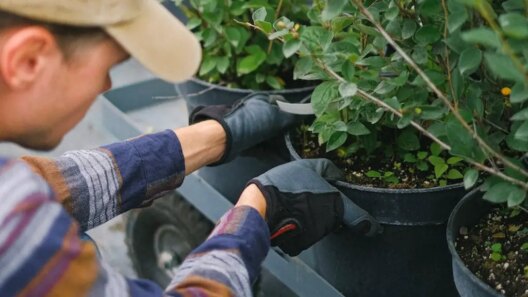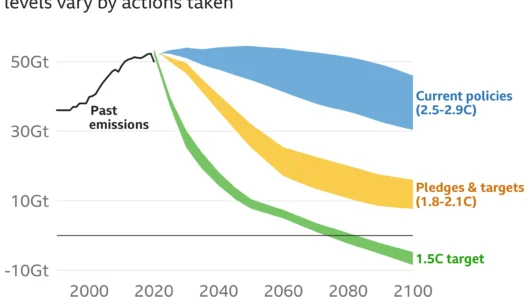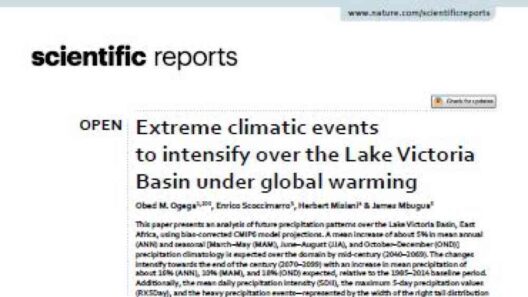Global warming is akin to an insidious choreographer, orchestrating a dance of climatic upheaval that infiltrates every corner of the globe. As temperatures rise inexorably, the ramifications ripple outwards like concentric circles in a pond disturbed by a single pebble. This phenomenon poses significant threats not only to our environment but directly to our communities and livelihoods as well.
The rise in temperature, fueled by the accumulation of greenhouse gases such as carbon dioxide and methane, creates a domino effect. This escalation in global temperature is not merely a statistic; it translates to tangible changes in our weather patterns. Intensity and frequency of extreme weather events—hurricanes, floods, wildfires—become more commonplace. Your community, be it coastal or inland, is susceptible to these natural disasters where once it may have been relatively sheltered.
Consider the metaphor of a finely tuned orchestra. Each instrument, like each element of our ecosystem, contributes to the harmonious melody of life on Earth. Yet, with global warming, this orchestra risks falling into discord. Polar ice caps, the silent percussionists, are melting at an alarming rate, causing sea levels to rise and threatening coastal communities. The delicate balance of our planet’s climate system begins to falter, creating dissonance that manifests as higher temperatures, erratic precipitation, and diminishing biodiversity.
As inhabitants of this planet, we are not merely passive observers of climate change; we are active participants. The implications of global warming are omnipresent. For instance, agriculture—an industry foundational to community sustenance—is increasingly vulnerable. Crops that once thrived in specific climates are now struggling against shifting seasons and extreme weather. This alteration not only jeopardizes food security but also weakens the economic fabric of local communities that depend on agriculture. Farmers face the unrelenting pressure of unpredictable harvests, leading to food scarcity and increased prices, which in turn affects families stretching to afford their daily meals.
Moreover, the health implications of global warming cannot be overstated. With rising temperatures come increased instances of heat-related illnesses and respiratory problems, exacerbated by poor air quality. Vulnerable populations, including the young, elderly, and those with pre-existing health conditions, bear the brunt of these challenges. Communities are compelled to adapt their public health strategies, an expense that strains already limited resources. The burden of healthcare sustainability amidst climate change represents a looming crisis that necessitates immediate attention.
The emotional toll of global warming is equally profound. As communities witness the ravages of climate change in real-time—droughts ravaging farmland, floods engulfing homes—an existential dread begins to seep into the collective psyche. This despair can manifest as post-traumatic stress, anxiety, and a sense of helplessness. Communities may find themselves grappling not only with physical loss but also with a profound psychological burden. It becomes imperative to foster resilience through community engagement, education, and support systems that address both the environmental and emotional challenges posed by climate change.
While the narrative of global warming paints a daunting picture, it is critical to recognize the avenues for action. Grassroots movements and local initiatives have emerged, embodying the sentiment that collective action can forge a path toward sustainability. Communities are stepping up to implement renewable energy projects, such as solar panels and community wind farms, reducing reliance on fossil fuels. These collective efforts not only mitigate the effects of climate change but also empower communities, instilling a sense of agency and pride.
Additionally, local governmental policies play an instrumental role. Zoning laws that prioritize green spaces and urban planning initiatives that enhance public transportation can significantly reduce a community’s carbon footprint. By nurturing local ecosystems, communities can bolster their resilience against climate change, creating green corridors that support biodiversity while simultaneously providing aesthetic and recreational value.
It is also essential to intertwine climate change awareness into educational curriculums. By commencing with the young, communities can cultivate a generation that is not only informed but passionate about environmental stewardship. It is vital to imbue the ethos of sustainability into the cultural fabric of communities, fostering a legacy of proactive environmental advocacy that transcends generations.
Moreover, the allure of community gardens stands as a beacon of hope amidst the climate crisis. These microcosms of biodiversity allow communities to reconnect with nature, fostering a sense of belonging and shared responsibility. Community gardens yield not just food but also goodwill, as neighbors unite to cultivate, harvest, and share. This intrinsic bond becomes a bulwark against the disquiet caused by global warming, transforming anxiety into action.
As we navigate this turbulent terrain, it is evident that addressing global warming is no singular effort; it is a tapestry woven from the threads of science, policy, community engagement, and individual actions. The essence of combating climate change lies not only in understanding its complexities but in mobilizing communities towards a common goal—a sustainable future.
Reflect on the symbiosis between you and your environment. Every small action contributes to a larger narrative of resilience and hope. By building a collaborative community ethos, we can rewrite the story of global warming from one of despair to one of dynamism, ushering in an era of sustainable coexistence. It is not merely your environment that matters; it is your community, your relationships, and the legacy you wish to leave behind. Engage, advocate, and act—this is your call to arms in the fight against global warming.








